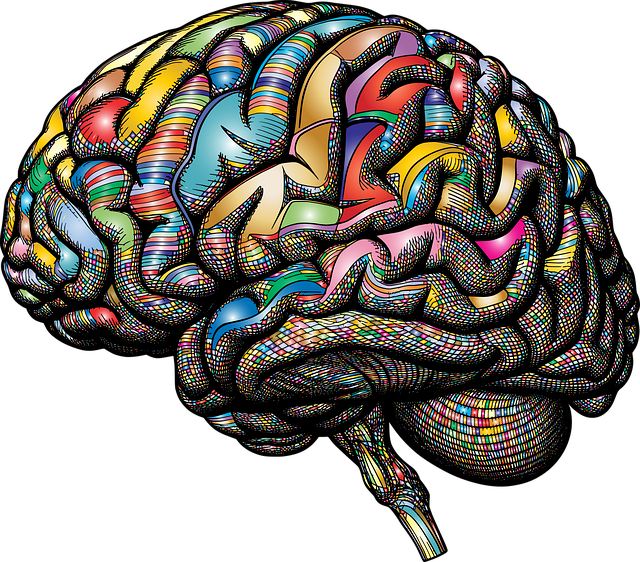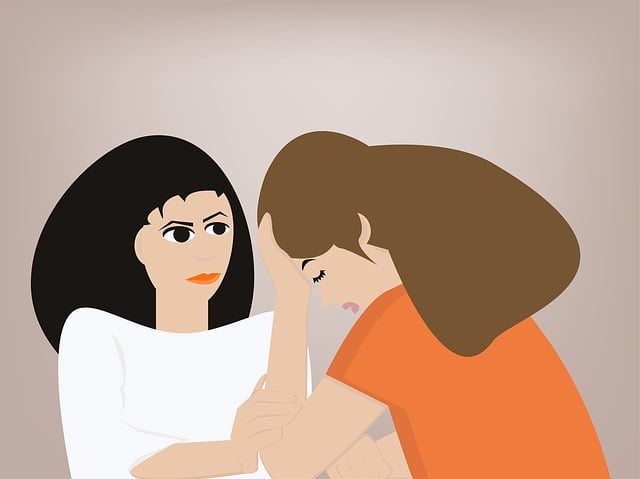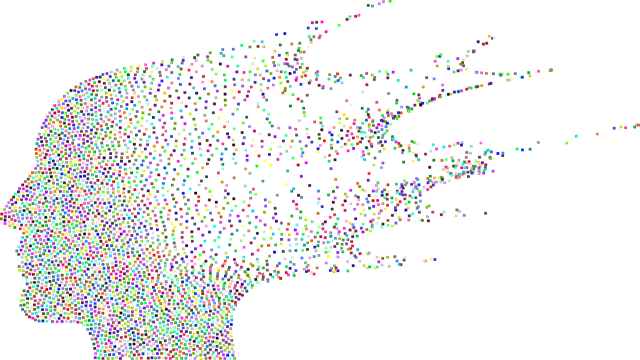The stigma surrounding mental illness creates significant obstacles for individuals seeking support, including specialized services like Wheat Ridge Developmental Disability Therapy (WRDDT). WRDDT offers a unique approach integrating mental wellness coaching and emotional well-being promotion tailored to individuals with developmental disabilities. By addressing symptoms and underlying causes holistically through individual sessions, group support, and community engagement, WRDDT empowers clients to develop coping mechanisms, build resilience, and enhance their emotional well-being in a stigma-free environment. Reducing mental health stigma requires education and emotional intelligence, with WRDDT advocating for campaigns providing accurate information and normalizing mental health conversations. Continued advocacy is crucial to breaking down barriers and ensuring everyone has access to the specialized support they need.
Mental illness stigma, a pervasive barrier to seeking help, profoundly impacts individuals and communities. This article explores strategies to reduce this harmful societal construct, highlighting unique initiatives like Wheat Ridge Developmental Disability Therapy. We delve into the damaging effects of stigma on mental health and present actionable steps for societal change. Through examining successful programs and advocating for continued efforts, we strive to foster understanding and support for those facing mental health challenges.
- Understanding Stigma and Its Impact on Mental Health
- Wheat Ridge Developmental Disability Therapy: A Unique Approach to Support
- Strategies for Effective Stigma Reduction in Society
- Overcoming Barriers: A Call for Continued Advocacy
Understanding Stigma and Its Impact on Mental Health

Stigma surrounding mental illness is a significant barrier to individuals seeking help and support for their emotional well-being. It often manifests as negative attitudes, beliefs, and stereotypes that contribute to discrimination and marginalization. This societal stigma can have profound effects on an individual’s mental health, leading to increased anxiety, depression, and even deterring them from accessing necessary care, such as Wheat Ridge Developmental Disability Therapy services.
The impact of stigma is far-reaching, affecting not only those directly experiencing mental illness but also their families and communities. It can create a culture of silence, where people feel ashamed or embarrassed to discuss their struggles openly. This secrecy hinders progress in managing symptoms and often results in prolonged suffering. Organizations like the Stress Management Workshops Organization play a vital role in combating stigma by promoting understanding through education, encouraging emotional intelligence, and providing confidence-boosting initiatives that foster supportive environments for those facing mental health challenges.
Wheat Ridge Developmental Disability Therapy: A Unique Approach to Support

Wheat Ridge Developmental Disability Therapy offers a unique and innovative approach to supporting individuals with mental health challenges, particularly focusing on those with developmental disabilities. This therapy model goes beyond traditional treatment methods by integrating mental wellness coaching programs and emotional well-being promotion techniques tailored to each client’s specific needs. By fostering a supportive environment, the therapy encourages self-care practices and empowers individuals to manage their mental health effectively.
The program’s success lies in its comprehensive strategy, addressing not only the symptoms but also the underlying causes of distress. Through individual sessions, group support, and community engagement, clients develop coping mechanisms, build resilience, and enhance their overall emotional well-being. This holistic approach ensures that individuals with developmental disabilities receive the necessary tools to navigate life’s challenges and thrive in a stigma-free environment, promoting a sense of self-acceptance and community inclusion.
Strategies for Effective Stigma Reduction in Society

Reducing the stigma surrounding mental illness is a multifaceted endeavor that requires collective efforts from individuals, communities, and institutions like Wheat Ridge Developmental Disability Therapy. One effective strategy involves mental health awareness campaigns that educate the public about various mental disorders, their symptoms, and treatment options. These initiatives dispel myths and misconceptions by presenting accurate information based on scientific evidence.
Moreover, fostering emotional intelligence can significantly contribute to stigma reduction. Encouraging empathetic understanding and open conversations about emotional experiences normalizes discussions around mental health. By integrating emotional intelligence into educational settings, workplaces, and social interactions, individuals become more adept at recognizing and supporting those struggling with mental illness, ultimately fostering a more inclusive and supportive society.
Overcoming Barriers: A Call for Continued Advocacy

Reducing the stigma surrounding mental illness is an ongoing battle that requires consistent advocacy and support from various sectors of society. Despite significant strides in recent years, many individuals with mental health conditions still face barriers to treatment due to societal misconceptions and fear of judgment. This perpetuates a cycle where people may be reluctant to seek help, leading to worse outcomes for themselves and the community at large.
Wheat Ridge Developmental Disability Therapy and other similar organizations play a crucial role in this effort by providing specialized support and resources tailored to individuals with unique challenges. Through initiatives like social skills training and risk management planning for mental health professionals, these entities foster an environment where mental illness is understood and treated with compassion. Continued efforts are needed to ensure that everyone has access to the care they deserve, breaking down barriers and reducing stigma once and for all.
Mental illness stigma, a pervasive barrier to treatment and recovery, can be significantly reduced through understanding its impact and implementing effective strategies. Wheat Ridge Developmental Disability Therapy offers a unique approach that highlights the power of acceptance and support. By combining advocacy efforts with innovative practices like this model, we can foster a more inclusive society where individuals with mental health challenges are embraced rather than stigmatized. Continued efforts to overcome barriers are crucial in ensuring everyone has access to the care they need.














